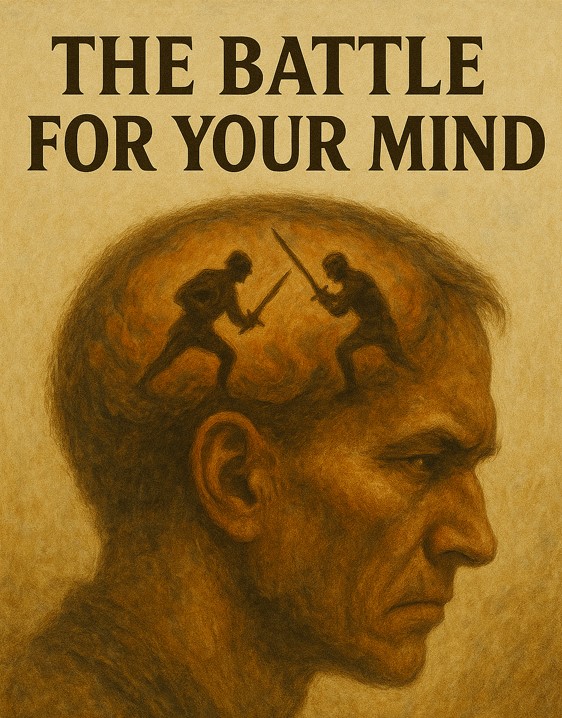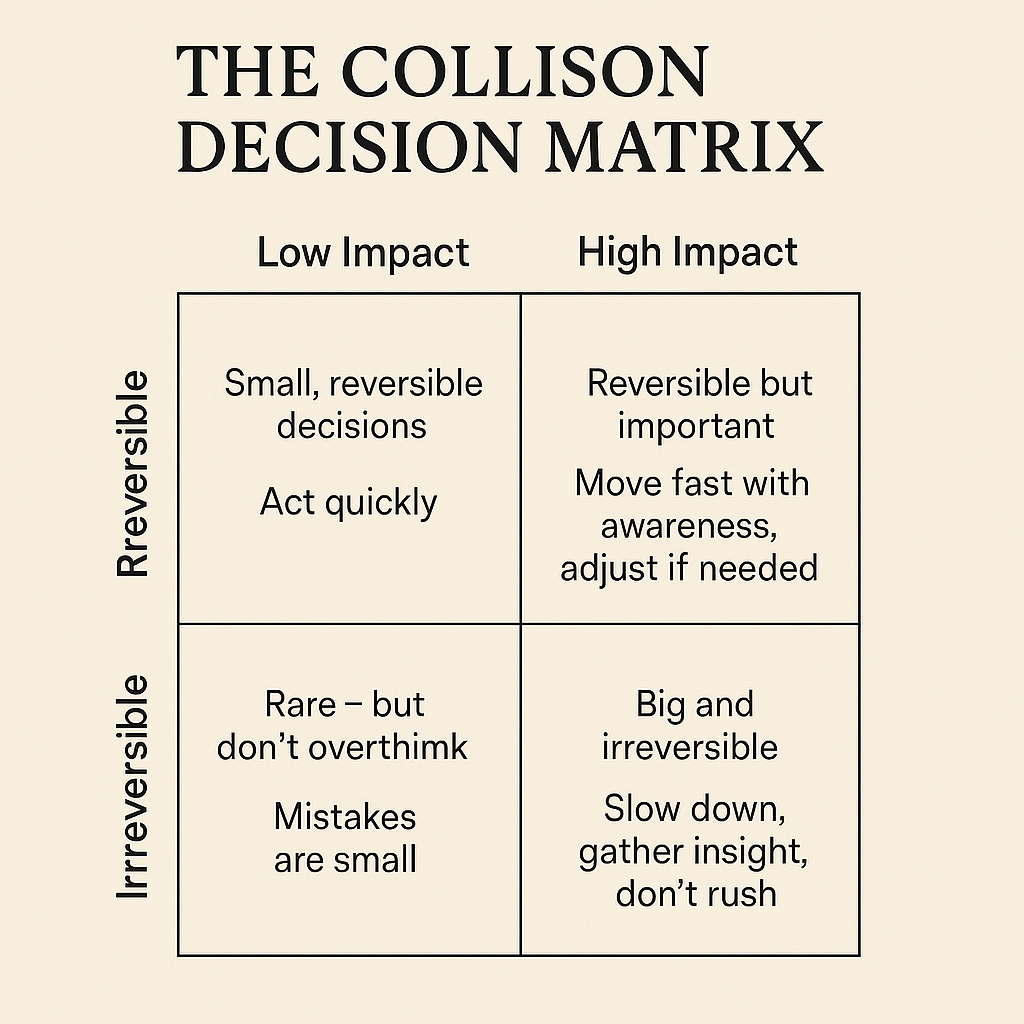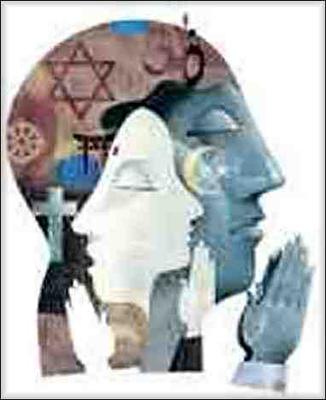Beyond Beliefs
How To Be Free From Views And Words
Beyond Beliefs?
What does beyond beliefs mean? The traditional meaning of the phrase beyond belief is to describe something as so incredible that it is impossible to believe that it is true.
However, there is another meaning that places greater emphasis on the word beyond, and that is to suggest something that is the other side of belief. Or, in other words, something that transcends belief, and this is the meaning that I am ascribing to the phrase in this short article.
Belief Definition
A definition of belief is something that we accept and believe to be true, but that is not necessarily something that can be proven to be true.Correct beliefs and polarised positions
In the field of religious beliefs there has been much argument, conflict and suffering over "correct" beliefs, or orthodoxy throughout history.Correct beliefs and core doctrines are reinforced with public declarations of belief in credes and propositional statements of faith such as the Nicean crede.
This is not limited to religion but applies to political beliefs and societal beliefs such as those about gender and sexuality, "woke" beliefs about social equality, beliefs to do with political correctness and so on.
Then there is the tribalism of political beliefs such as Democrats vs. Republicans in the US and Conservatives v. Labour in the UK, and the tribalism of pressure groups such as the American NRA with their staunch defence of Americans' inalienable rights to bear arms.
Beyond Beliefs - The Suffering Inflicted On Those Who Do Not Agree
The suffering inflicted on the "others", those not like me, non-believers and heretics
Over the past century, countless millions have been killed and genocides have been committed in the name of various political beliefs: the Maoist and Stalinist purges, the killing fields of Cambodia, Armenia, Rwanda, Yugoslavia, the thousands of lynchings by the Klu Klux Klan in the southern States of the US.In previous centuries the religious persecution by state supported majorities over non believing minorities such the persecution of the Cathars by the Catholic church and the burning of Catholics by Protestants and vice versa.
The list is endless, and in all cases:
Believing themselves to be right, clinging to their beliefs, to the point of killing to defend their view of the rightness of their position.
Beyond Beliefs To Balance
The Buddha had something to say about clinging to views, opinions & beliefs.
Non-attachment to things, people and concepts due to their impermanence is a fundamental Dhamma teaching.The Buddha offered guidance on how we should handle beliefs in the Alagaddupama Sutta: The Water-Snake Simile which he follows with the simile of the raft.
The essence of the teaching is that we should grasp or hold onto the Dhamma [belief] as though it was a raft taking us across a river, our grip on the raft is analogous to holding a water snake properly so that it can not bite you, and to be let go on reaching the safety of the further shore. Thus:
The teachings, the beliefs, are there to serve a purpose and to be released when that purpose is served.
A teaching, a belief, is presented as a guidance whereas as, conventionally, a belief is presented as an immutable certainty.
The Erroneous View That Thought Can Encapsulate Reality Or Truth
Eckhart Tolle has said that:"Dogmas – religious, political, scientific – arise out of the erroneous belief that thought can encapsulate reality or the truth.
Dogmas are collective conceptual prisons. And the strange things is that people love their prison cells because they give them a sense of security and a false sense of 'I know'.
Nothing has inflicted more suffering on humanity than its dogmas.
It is true that every dogma crumbles sooner or later, because reality will eventually disclose its falseness; however, unless the basic delusion of it is seen for what it is, it will be replaced by others.
What is the basic delusion? Identification with thought."
Beyond Beliefs - The Limitations Of Language
In "Lost For Words" we discussed how:- The limitations of language and how the very structure of our language causes us to identify with "my view" and reinforces the sense that our concept of what is real is real, when it isn’t.
- The concepts we employ, the categorizations we apply and the words we choose and use to articulate a direct experience put us in a double bind, because for all that we gain by being able to speak about an experience we lose an equal if not greater amount of the full meaning of that experience by the very process of speaking it.
- There is always a context, and framing, in our choice and use of words. For example, what I mean to say to you in this article and what you hear may not be the same thing!
We concluded that:
"Families and societies have been divided, countless wars have been fought, millions of lives have been lost, over the meaning and interpretation of words."
If we shift our focus to the meaning that lies behind or beyond the words – the meaning that transcends the words – the meaning that can only be fully grasped by experiencing it – then everything changes and divisions and barriers evaporate as we move beyond belief.
Thich Nhat Hanh - Beyond Beliefs
 "You don’t need to be Buddhist in order to think with understanding and love.
"You don’t need to be Buddhist in order to think with understanding and love.
You don’t need to be Buddhist in order to say something nice, full of compassion.
So we say that the five mindfulness trainings are global ethics, for Buddhists and non-Buddhists.
The mindfulness practices are very concrete.
You cannot talk about them; you have to live them."
Free Download: One Page Summary Sheet With Action Points & Resources
Return from "Beyond Beliefs" to: What Is Spirituality?
LATEST ARTICLES
Master The Season You Are In - The Key to Fulfilling Your Purpose
 To fulfil your purpose, you must first master the season you are in. One of the biggest mistakes you can make in life is focusing all your energy on the next season instead of learning to master the s…
To fulfil your purpose, you must first master the season you are in. One of the biggest mistakes you can make in life is focusing all your energy on the next season instead of learning to master the s…The Inner Weight of Shame - Sustained By Attentional Fixation
 A Mind That Is Continuously Engaged In Self-Surveillance. Shame is one of the heaviest inner burdens a human being can carry. It does not announce itself loudly or demand attention through drama. Inst…
A Mind That Is Continuously Engaged In Self-Surveillance. Shame is one of the heaviest inner burdens a human being can carry. It does not announce itself loudly or demand attention through drama. Inst…Does Prayer Work? The Psychology of Prayer, Meditation and Outcomes
 Reality Is A Complex System Of Countless Interactions - Including Yours. So does prayer work? The problem is that the question itself is usually framed in a way that guarantees confusion. We tend to a…
Reality Is A Complex System Of Countless Interactions - Including Yours. So does prayer work? The problem is that the question itself is usually framed in a way that guarantees confusion. We tend to a…Living in Survival Mode Without Surrendering Mental Authority
Living in Survival Mode Without Surrendering Mental Authority
 Clear Thinking When You’re Just Trying to Stay Afloat. Many people today are overwhelmed because they are living in survival mode - not temporarily, but as a persistent condition of life. For many, th…
Clear Thinking When You’re Just Trying to Stay Afloat. Many people today are overwhelmed because they are living in survival mode - not temporarily, but as a persistent condition of life. For many, th…Manifestation Without Magic: A Practical Model
 Manifestation without magic is not a softer or more intellectual version of popular manifestation culture. It is a different model altogether. Popular manifestation teachings tend to frame reality as…
Manifestation without magic is not a softer or more intellectual version of popular manifestation culture. It is a different model altogether. Popular manifestation teachings tend to frame reality as…Staying Committed When You Can't See Progress - The Psychology of Grit
 Uncertainty Is Not The Absence Of Progress, Only The Absence Of Reassurance. One of the most destabilising experiences in modern life is not failure, but uncertainty and staying committed when you can…
Uncertainty Is Not The Absence Of Progress, Only The Absence Of Reassurance. One of the most destabilising experiences in modern life is not failure, but uncertainty and staying committed when you can…The Battle For Your Mind - How To Win Inner Freedom In A Digital Age Of Distraction
 From External Events to Inner Events. We often think of “events” as things that happen out there: the traffic jam, the rude comment, the delayed email reply. But what truly shapes our experience is wh…
From External Events to Inner Events. We often think of “events” as things that happen out there: the traffic jam, the rude comment, the delayed email reply. But what truly shapes our experience is wh…How to See Your Thoughts Without Becoming the Story
 A Practical Guide to Thought-Awareness. You can spend your life inside the stories of your mind without ever learning how to see your thoughts clearly and objectively. Most of the stuff we tell oursel…
A Practical Guide to Thought-Awareness. You can spend your life inside the stories of your mind without ever learning how to see your thoughts clearly and objectively. Most of the stuff we tell oursel…The Collison Decision Matrix - A Simple Framework for Better Choices
 The Collison Decision Matrix Is A Practical Everyday Thinking Tool. Most of us spend a surprising amount of time worrying about decisions. From small ones such as what to wear, what to eat, what to te…
The Collison Decision Matrix Is A Practical Everyday Thinking Tool. Most of us spend a surprising amount of time worrying about decisions. From small ones such as what to wear, what to eat, what to te…The Power Of Asking The Right Question
 The Power Of Asking The Right Question Lies In The Quest For Insight. To experience the power of asking the right question you must develop the practice of asking questions. The best way to improve th…
The Power Of Asking The Right Question Lies In The Quest For Insight. To experience the power of asking the right question you must develop the practice of asking questions. The best way to improve th…Site Pathways
 Here is a site pathway to help new readers of Zen-Tools navigate the material on this site. Each pathway is based around one of the many key themes covered on this site and contain a 150 word introduc…
Here is a site pathway to help new readers of Zen-Tools navigate the material on this site. Each pathway is based around one of the many key themes covered on this site and contain a 150 word introduc…
